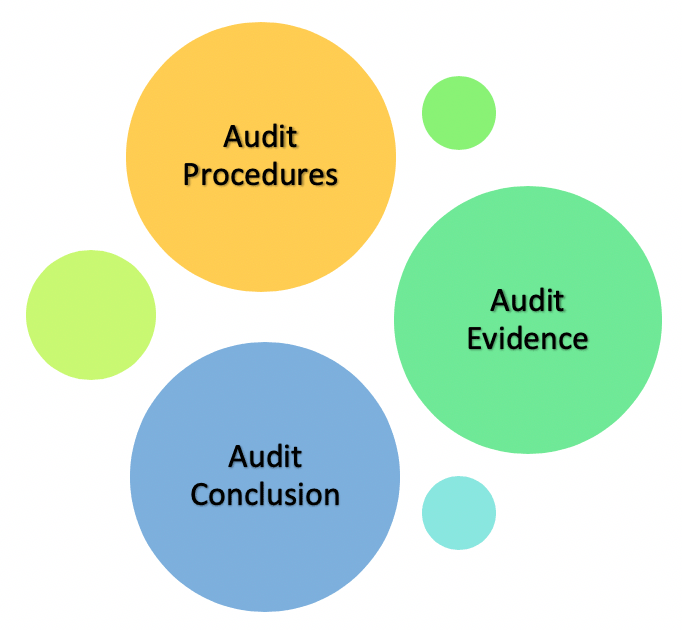

Audit documentation, also known as audit working paper, is the record of procedures auditors perform, relevant audit evidence obtained during their audit work and the conclusion they form based on the audit evidence gathered. Audit documentation could be stored in the form of paper, electronic or other types of media.
It is important for auditors to have proper documentation of their audit work so that it can be used as evidence of the work done to support the audit opinion they form. It also assists audit team members for the whole audit process, starting from the planning stage until the end of the audit engagement.
Audit documentation can serve many purposes to auditors including being as evidence of their work and conclusion, helping team members in performing audit work including supervision and review, etc.
According to ISA 230, audit documentation serves a number of purposes as included in the table below:
It is not possible or practical for audit to record everything they have done during their audit working starting from day one in the auditing work on the engagement. So, auditors will have to use their experiences and professional judgment to decide which information should be recorded in the content of audit documentation.
Also, the content of audit documentation may be different from one audit engagement to another. This is due to the circumstances of the engagement and audit procedures may be different from one type of client to another depending on the nature and risks of the client.
In this case, auditors should consider several factors when documenting their audit work, as included in the table below:
Audit documentation usually starts from the planning stage of the audit until the end of the audit engagement. So, there is a lot of documentation that auditors need to do, so that they can have tangible evidence to show to regulators or other relevant parties.